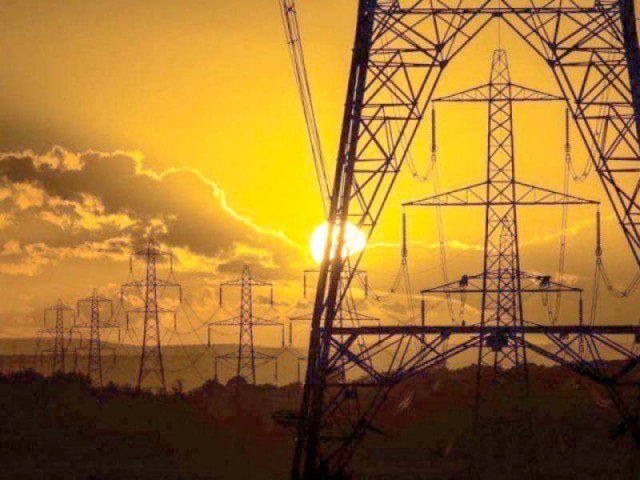Further Rs3.5 per unit tariff hike in the offing
If approved, consumers will be burdened with additional Rs40b

Electricity consumers should brace for another hefty tariff increase of up to Rs3.53 per unit on account of fuel charges adjustment (FCA).
In that regard, the National Electric Power Regulatory Authority (Nepra) conducted a public hearing on Wednesday but reserved its judgement that would be issued after scrutiny of data.
If the entire impact of fuel price increase is passed on to consumers, they will bear an additional burden of Rs40 billion. Even the protected consumers using 200 units of electricity a month will see their monthly bills swell by Rs650-700 owing to the tariff hike.
During the hearing, the power-sector regulator was informed that FCA of Rs3.53 per unit was being sought for December 2023. The fuel adjustment paid in November was Rs0.40 per unit, therefore, the net increase for consumers would be Rs3.13 per unit.
The Central Power Purchasing Agency-Guarantee (CPPA-G), on behalf of power distribution companies (DISCOs), also claimed previous adjustments of Rs28 billion. Of the total, China Power was claiming Rs3 billion while Thar Coal Block-1 was seeking Rs25 billion.
It was informed to the hearing that system constraints caused a total financial impact of Rs103.7 million as National Transmission and Despatch Company (NTDC) could not be able to transmit electricity from some power plants.
Interveners, present at the hearing, chastised the regulator for putting an extra load on consumers from the previous fuel adjustments. They sought a logical opinion for making such old adjustments.
The interveners emphasised that the regulator was bound to pass on the increase in FCA to the consumers within a limited time frame. They called for informing the consumers about the timeline for recovering any hike in electricity tariffs.
Based on data provided to Nepra, the CPPA-G requested an increase of Rs3.5339 per kilowatt-hour (kWh) in power tariff over reference fuel charges of Rs7.8938 per kWh determined by the authority for ex-Wapda DISCOs. However, the actual fuel cost came in at Rs11.4177 per unit during October.
In the month, hydroelectric power accounted for the largest share, constituting 32.54% of the total electricity generation, at 3,114 gigawatt hours (GWh).
Read: NEPRA okays Rs1.71 per unit hike in power tariff
Local coal-based electricity followed with a 13.94% share and average cost of Rs12.10 per kWh, along with imported coal contributing 3.51% at a cost of Rs13.26.
Gas-based generation made up 7.35% of the total, priced at an average of Rs13.6059 per kWh, while re-gasified liquefied natural gas (RLNG) generation made a substantial contribution of 20.25% with average cost of Rs23.6987 per kWh. Nuclear power also had a significant share at 19.08% of total generation, but at a remarkably low average cost of Rs1.2272 per kWh.
A marginal fraction, 0.24%, of electricity was imported from Iran at an average cost of Rs23.1678 per kWh. Wind, bagasse and solar-based energy collectively accounted for 3.09% of total generation.
Overall, with a total energy output of 9,572 GWh, the average cost stood at Rs8.2605 per kWh for October 2023, showcasing the dynamics of cost-varied energy landscape.
However, DISCOs were delivered a net 9,253 GWh at a cost of Rs11.4277 per unit against the reference fuel cost of Rs7.8938 per kWh, an increase of Rs3.5339.
Transmission losses were calculated at 2.93%, or 281 GWh, out of the total electricity generated in October.
Meanwhile, the NTDC management argued that the regulator had not allowed some adjustments amounting to Rs42 billion that resulted in financial implications for the company.
They said that they had only Rs3 billion and that too was taken away by the Federal Board of Revenue, cautioning that they did not have any money to pay pensions and salaries of employees.
Published in The Express Tribune, November 30th, 2023.
Like Business on Facebook, follow @TribuneBiz on Twitter to stay informed and join in the conversation.



















COMMENTS
Comments are moderated and generally will be posted if they are on-topic and not abusive.
For more information, please see our Comments FAQ